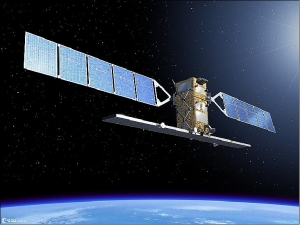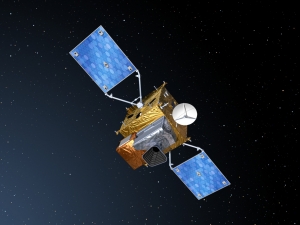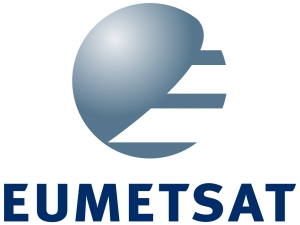Displaying items by tag: Copernicus (EO program)
Copernicus: Sentinel-1 - The SAR Imaging Constellation for Land and Ocean Services
Sentinel-1 is the European Radar Observatory, representing the first new space component of the GMES (Global Monitoring for Environment and Security) satellite family, designed and developed by ESA and funded by the EC (European Commission). The Kopernikus missions (Sentinel-1, -2, and -3) represent the EU contribution to GEOSS (Global Earth Observation System of Systems).
Copernicus Programme
Copernicus is the European Union's Earth observation programme coordinated and managed by the European Union (EU) in partnership with the European Space Agency (ESA), the EU Member States and EU Agencies.
It aims at achieving a global, continuous, autonomous, high quality, wide range Earth observation capacity. Providing accurate, timely and easily accessible information to, among other things, improve the management of the environment, understand and mitigate the effects of climate change, and ensure civil security.
The objective is to use vast amount of global data from satellites and from ground-based, airborne and seaborne measurement systems to produce timely and quality information, services and knowledge, and to provide autonomous and independent access to information in the domains of environment and security on a global level in order to help service providers, public authorities and other international organizations improve the quality of life for the citizens of Europe. In other words, it pulls together all the information obtained by the Copernicus environmental satellites, air and ground stations and sensors to provide a comprehensive picture of the "health" of Earth.
GMES / Copernicus
Global Monitoring for Environment and Security (GMES) is a joint initiative of the European Commission and European Space Agency, which aims at achieving an autonomous and operational Earth observation capacity.
The objective is to rationalize the use of multiple-sources data to get a timely and quality information, services and knowledge, and to provide autonomous and independent access to information in relation to environment and security. In other words, it will pull together all the information obtained by environmental satellites, air and ground stations to provide a comprehensive picture of the "health" of Earth.
GMES is the European Union contribution to the Global Earth Observation System of Systems GEOSS.
'Copernicus' is the new name for the GMES programme (June 2013). 
EUMETSAT
The European Organisation for the Exploitation of Meteorological Satellites (EUMETSAT) is an intergovernmental organisation created through an international convention agreed by a current total of 30 European Member States.
EUMETSAT's primary objective is to establish, maintain and exploit European systems of operational meteorological satellites. EUMETSAT is responsible for the launch and operation of the satellites and for delivering satellite data to end-users as well as contributing to the operational monitoring of climate and the detection of global climate changes.
The activities of EUMETSAT contribute to a global meteorological satellite observing system coordinated with other space-faring nations.
Satellite observations are an essential input to numerical weather prediction systems and also assist the human forecaster in the diagnosis of potentially hazardous weather developments. Of growing importance is the capacity of weather satellites to gather long-term measurements from space in support of climate change studies.
EUMETSAT is not part of the European Union, but became a signatory to the International Charter on Space and Major Disasters in 2012, thus providing for the global charitable use of its space assets.[1]
- public organisation
- Europe
- mission operations
- satellite operator
- meteorology
- Copernicus (EO program)
- Meteosat Third Generation
- Meteosat
- Meteosat Second Generation
- MTG
- MSG
- MTP
- Meteosat Transition Phase
- METOP
- METOP SG
- Sentinel 1
- Sentinel 2 satellite
- Sentinel 2
- Sentinel 3
- Sentinel 4
- sentinel 5P
- sentinel 5
- Sentinel 6
- JasonCS
- Jason 2
- Jason 3
- EPS
- EPS_SG
- NOAA





